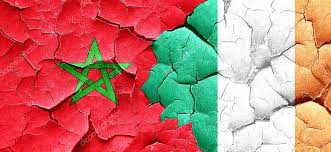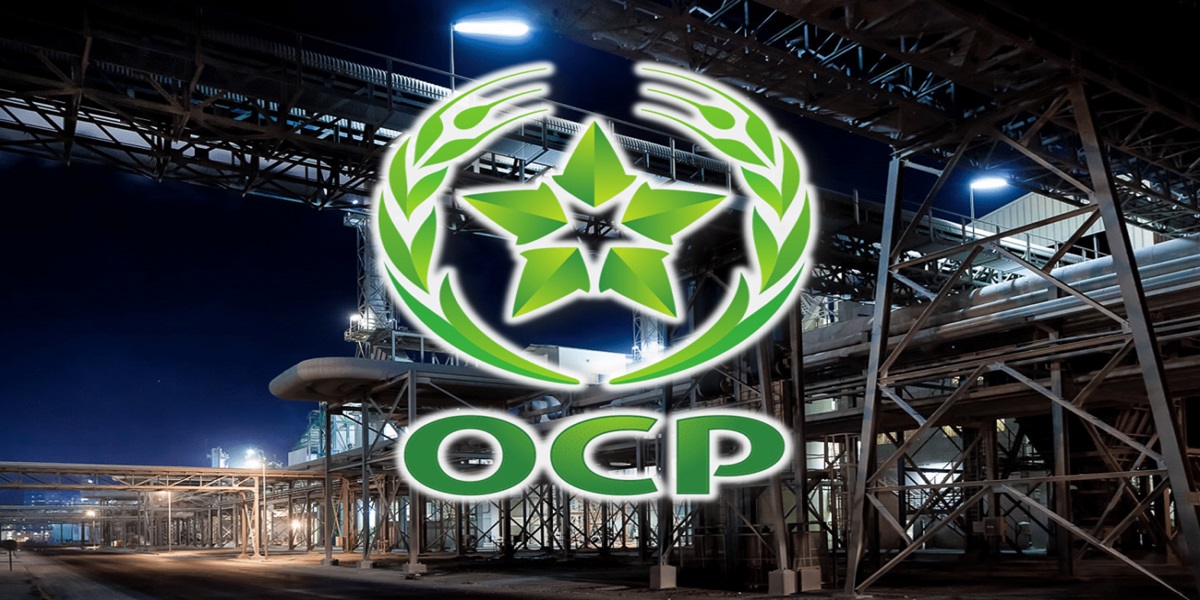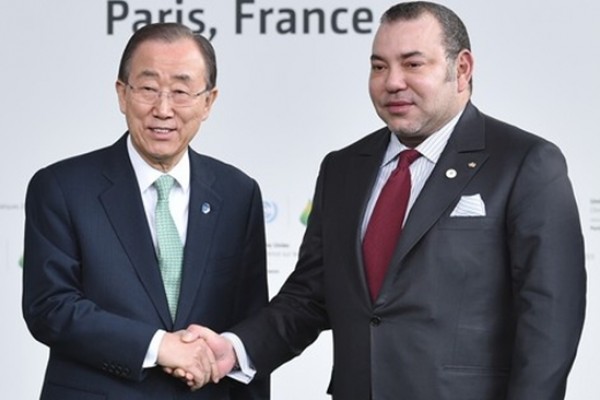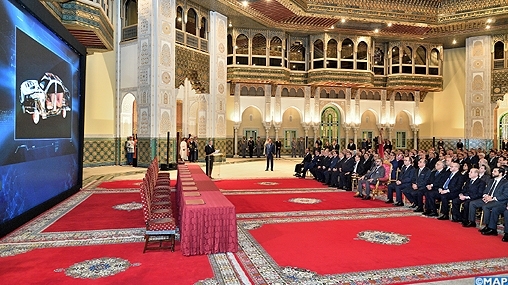 Senior Irish officials voiced on Friday their full support to the process led by the Secretary General of the United Nations for the resolution of the Sahara issue.
Senior Irish officials voiced on Friday their full support to the process led by the Secretary General of the United Nations for the resolution of the Sahara issue.
During meetings held in Dublin with a delegation of elected representatives from Morocco’s Southern Provinces, the Irish officials welcomed the in-depth, productive and enlightening presentations made by the Moroccan delegation on the Sahara regional conflict, saying their visit to the Republic of Ireland will surely contribute to strengthening partnership between their country and the North African kingdom.
After their visit to Norway, the delegation of elected officials from Morocco’s Southern Provinces, travelled to Dublin where they conferred with several Irish Govt officials and political leaders on the Sahara issue.
Led by President of the Dakhla-Oued Eddahab Regional Council, Yanja El Khattat, the delegation met with the Speaker of the Irish House of Commons, the Chairman of the Joint Parliamentary Committee on Foreign Affairs, Trade & Defense, the Secretary General of the Ministry of Foreign Affairs, several MPs and senators as well as leaders of “Front Line Defenders”, an international human rights watchdog, says a press release issued by the Moroccan embassy in Dublin.
These meetings, held in presence of Moroccan ambassador in Dublin, Lahcen Mahraoui, were an opportunity for the delegation to highlight the relevance of the autonomy plan proposed by Morocco for the settlement of the regional dispute over the Moroccan Sahara.
The elected officials from the Sahara affirmed that Morocco’s plan offers a “realistic political solution” called for by the United Nations, noting that the Security Council Resolution 2440 invites all parties to move towards “a realistic, pragmatic, sustainable and compromise-based political solution”.
They also stressed that the genuine legitimate representatives of the Sahrawis are those democratically elected during the elections held in Morocco in 2015 and 2016. These polls were described as “free and fair” by the United Nations and international observers
During their talks with Irish government and elected officials, members of the Moroccan delegation tackled latest developments of Sahara issue including the two roundtable meetings convened in Geneva, extolling the socioeconomic development witnessed by the southern provinces under the leadership of King Mohammed VI.
They affirmed that the Moroccan Sahara has become “a model of development which is inspiring other regions of neighboring countries, particularly in sub-Sahara region.”
Regarding the situation of Sahrawis sequestered in the Tindouf camps (Southern Algeria) and deprived of their most basic rights, the Moroccan delegation expressed hope to “see their brothers and sisters in the Tindouf camps join Morocco’s southern provinces, in order to enjoy economic prosperity, stability, security and freedom “.


